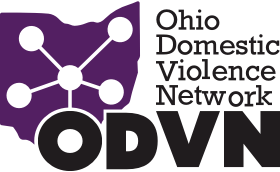Health Advocacy
Health Advocacy at ODVN
Gender-based violence impacts a person’s health, and social determinants of health, in a number of ways. Perpetrators of gender-based violence often engage in substance use coercion, reproductive coercion, physical violence, financial abuse, as well as behaviors that can have negative impacts on whether someone can access physical, reproductive, and behavioral healthcare. Individuals who experience gender-based violence report higher incidents of acute and chronic health conditions including:
The impact of abuse on one’s health reaches far beyond the acute symptoms of physical abuse and can include:
- Sexual assault/rape
- Strangulation and head, neck and facial injuries
- Substance use coercion
- Escalated violence during pregnancy
- Birth control sabotage
- Forced abortions
ODVN’s Health Access team works to center the holistic health needs of survivors of gender-based violence, including their physical, behavioral, reproductive health, and their social determinants of health needs, utilizing the CARE Advocacy Framework.
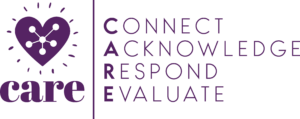
CARE is an advanced advocacy framework that allows advocates to provide intentional trauma-informed care that addresses the specific needs of survivors of gender-based violence and provides appropriate accommodations to individuals with co-occurring issues.
The CARE framework was established for advocates, but the principles can be replicated for healthcare providers.
CARE promotes four basic principles of advocacy:
- Connecting by building rapport and intentionally strengthening relationships with survivors.
- Acknowledging the complex impacts of domestic violence including brain injury, physical, behavioral, and mental health challenges, suicidal ideation, substance use disorder, and access to healthcare.
- Responding by providing accommodations, strategies, resources, and referrals.
- Evaluating service provision effectiveness by establishing a feedback loop with survivors relating to strategies developed to address their evolving needs and circumstances.
CARE is recognized as an evidence-based practice for domestic violence programs by the Office of Victims of Crime and when evaluated showed improved trauma-informed agency practice and better outcomes for survivors.
More Information
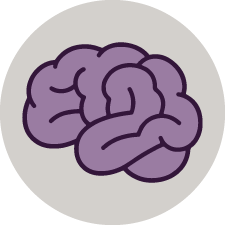
Brain Injury Program
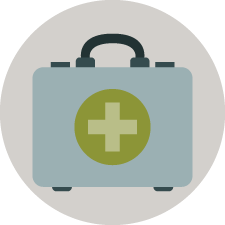
Health Access Program
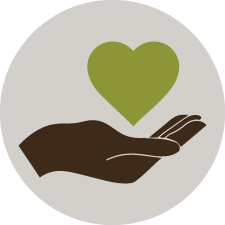
Substance Use & Mental Health
Get in touch. Get involved.
174 E Long Street #200 Columbus, OH 43215
1.800.934.9840
614.781.9651

